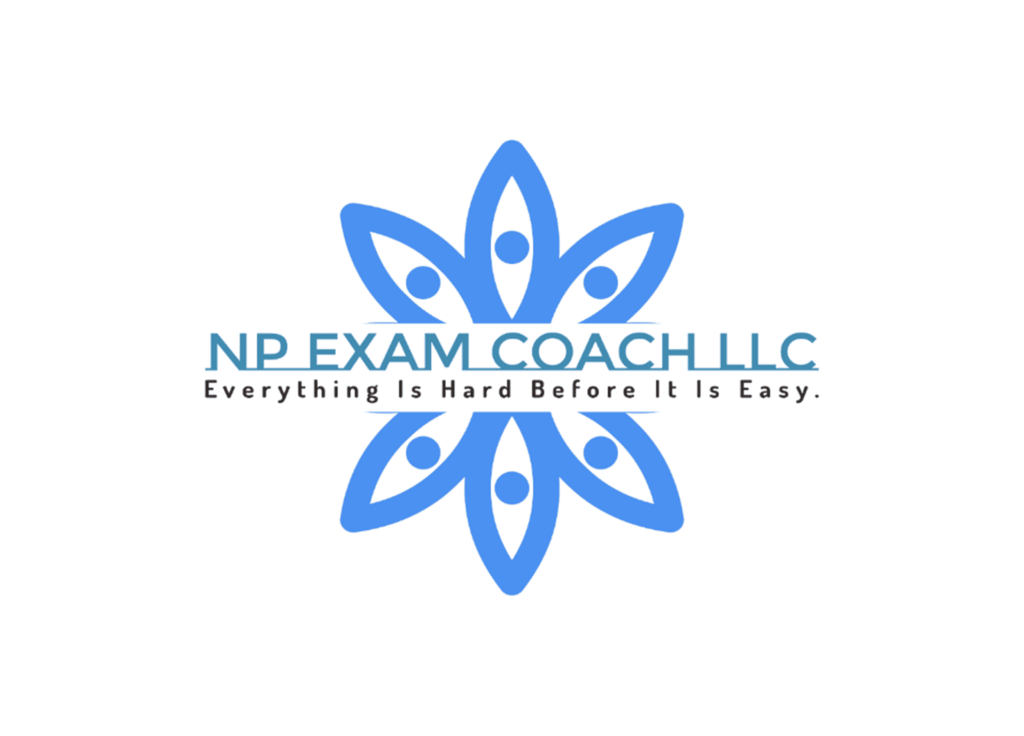How to Become a PMHNP: A Comprehensive Guide to Joining the Mental Health Frontier
Are you passionate about mental health and driven to improve the lives of those struggling with its complexities? Do you envision yourself taking on a role that blends advanced nursing expertise with specialized knowledge of psychiatric care? Becoming a Psychiatric Mental Health Nurse Practitioner (PMHNP) might be your calling.
PMHNPs are the unsung heroes of the mental health landscape. They diagnose and treat a wide range of mental health conditions, from anxiety and depression to schizophrenia and bipolar disorder. They prescribe medication, conduct therapy, and advocate for their patients while collaborating with other healthcare professionals. It’s a demanding yet advantageous career path, offering the opportunity to make a tangible difference in people’s lives.
But how do you navigate the journey from aspiring clinician to a PMHNP serving patients? This comprehensive guide will equip you with the knowledge and roadmap to make your dream a reality.
Step 1: Build Your Foundation as a Registered Nurse (RN)
The journey begins with obtaining your registered nurse (RN) license. This can be accomplished by earning an Associate Degree in Nursing (ADN) or a Bachelor of Science in Nursing (BSN). BSN programs are more comprehensive and open doors to broader career opportunities. Still, both paths lead to your NCLEX-RN licensure exam, the essential gateway to practicing as a nurse.
Step 2: Gain Valuable Nursing Experience
After becoming an RN, gaining clinical experience is crucial. Aim for at least two years of experience in direct patient care, preferably in settings relevant to mental health, such as psychiatric hospitals, inpatient units, or community mental health clinics. This firsthand exposure will solidify your clinical skills, build confidence, and provide valuable context for future PMHNP studies.
Step 3: Master the Art of Mental Healthcare with an Advanced Degree
Now comes the specialized training that defines your PMHNP identity. You’ll need to pursue a Master of Science in Nursing (MSN) or a Doctor of Nursing Practice (DNP) with a concentration in Psychiatric Mental Health. Both programs equip you with in-depth knowledge of mental health diagnosis, treatment, and pharmacology, but choosing between them depends on your career aspirations and desired level of autonomy.
MSN in PMHNP: This is the traditional pathway for most PMHNPs, typically taking 2-3 years to complete. It provides a solid foundation in psychiatric assessment, medication management, psychotherapy, and ethical considerations, preparing you for clinical practice under physician supervision.
DNP in PMHNP: This higher-level degree takes 3-5 years and delves deeper into research, leadership, and advanced practice skills. DNP graduates have greater autonomy in prescribing medications, managing complex cases, and leading healthcare teams.
Step 4: Hone Your Skills in Supervised Clinical Practice
Every PMHNP program requires a significant amount of supervised clinical practice under the guidance of qualified preceptors. During these clinical rotations, you’ll put your theoretical knowledge into practice, conducting assessments, managing medication regimens, providing therapy, and working collaboratively with other healthcare professionals. This real-world experience is vital for honing your skills, developing confidence, and solidifying your commitment to this specialized field.
Step 5: Obtain Your PMHNP Certification
Once you’ve completed your degree and met all clinical hour requirements, earning your professional certification is time. The two significant certifying bodies in the United States are the American Nurses Credentialing Center (ANCC) and the American Association of Nurse Practitioners (AANP). Both offer exams specific to PMHNP practice, demonstrating your competence and opening doors to licensure in your chosen state.
Step 6: Licensure and Beyond: Launching Your PMHNP Career
With your degree, clinical experience, and certification, you’re ready to apply for licensure in your state. Once licensed, you can begin the exciting journey of building your PMHNP career. The possibilities are diverse, from private practice settings and community mental health clinics to hospitals and specialized programs for specific populations.
The Rewards and Challenges of Being a PMHNP
While PMHNPs play a crucial role in addressing the growing mental health needs of our society, it’s essential to be aware of both the rewards and challenges of this profession.
Rewards:
- Making a tangible difference in people’s lives: Witnessing your patients overcome mental health challenges and improve their quality of life is immensely rewarding.
- Intellectual challenge and continuous learning: The ever-evolving mental health field requires ongoing learning and adaptation, keeping your work intellectually stimulating.
- Collaboration and teamwork: PMHNPs work closely with other healthcare professionals, fostering cooperation and shared purpose.
- Career flexibility and strong job prospects: The demand for PMHNPs is rapidly growing, offering excellent job security and diverse career
Challenges:
- Emotional weight and vicarious trauma: Dealing with patients facing complex mental health struggles can be emotionally taxing, and vicarious trauma is a genuine concern.
- Demanding work environment: PMHNPs often deal with high patient volumes, long hours, and complex cases, requiring excellent time management and stress management skills.
- Access to care and reimbursement issues: Navigating the complexities of insurance coverage and advocating for patients facing access barriers can be frustrating.
- Stigma and misunderstanding: Mental health remains a stigmatized topic in some sectors, requiring PMHNPs to be effective advocates for their patients and the profession as a whole.
Specialization Options:
PMHNPs have the incredible opportunity to tailor their career paths to specific areas of interest within mental health. While general PMHNP practice offers a broad spectrum of care, some popular specializations include:
- Child and adolescent PMHNP: Focusing on mental health challenges in children and adolescents, from ADHD and anxiety to depression and substance abuse.
- Geriatric PMHNP: Specializing in the unique mental health needs of older adults, including dementia, depression, and stress related to aging.
- Addiction PMHNP: Targeting individuals struggling with substance abuse disorders and other addictive behaviors.
- Forensics PMHNP: Working within the legal system to assess and treat individuals involved in criminal justice proceedings.
Beyond the Traditional Model:
The PMHNP role constantly evolves, and several non-traditional career paths are emerging. Examples include:
- Telehealth PMHNP: Providing mental health services remotely through video conferencing, expanding access to care in underserved areas.
- Public health PMHNP: Promoting mental health awareness and interventions within communities, working with schools, government agencies, and non-profit organizations.
- Academic PMHNP: Combining clinical practice with teaching and research in nursing programs or universities, contributing to the next generation of mental health professionals.
Staying Informed and Connected:
As a PMHNP, staying informed about the latest research, clinical practices, and ethical considerations is crucial. Joining professional organizations like the American Association of Nurse Practitioners (AANP) and the American Psychiatric Nurses Association (APNA) provides access to valuable resources, continuing education opportunities, and networking with colleagues.
Concluding Thoughts:
Becoming a PMHNP is demanding, but the rewards are immeasurable. You’ll be at the forefront of addressing a critical societal need, offering hope and healing to those struggling with mental health challenges. Remember, this path requires dedication, resilience, and a passion for mental health, but the personal and professional fulfillment it offers is truly unparalleled.
Visit our website Learn more about us


